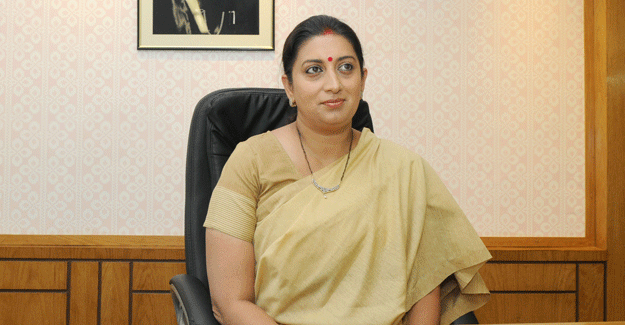Hivos, Stop Child Labour Sign Sustainable Garment & Textile Sector Agreement
Hivos, Stop Child Labour Sign Sustainable Garment & Textile Sector Agreement

As coordinator of the Stop Child Labour coalition, Hivos signed a Sustainable Garment and Textile Sector Covenant together with 55 businesses, their trade organisations, the Dutch government and several other NGOs. The parties have agreed to work together to prevent discrimination, child labour and forced labour in their garment and textile manufacturing facilities in countries such as Bangladesh, India, Pakistan and Turkey. They will also promote the right to collective bargaining by independent trade unions.
Sofie Ovaa, programme manager of Stop Child Labour, said, "Unique to this Covenant, among other things, is that child labour and other abuses "from cotton to clothing" will be identified and addressed within three to five years. One of the specific goals is that within three years, companies will only source from suppliers in Southern India who do not use child labour and forced labour."
Another important aspect of the Covenant is an agreement to analyse the nature and extent of child labour and forced labour in the global production chain. Based on this analysis, a 'road map' with measurable goals will be drawn up. Regarding child labour, the signatories promise to ensure that children no longer work, but go to school or attend 'bridging classes' that prepare them for school. Where possible, this will be part of Stop Child Labour's 'Child Labour Free Zone'approach, which has proven to be successful in India and various African countries.



 textileexcellence
textileexcellence 







